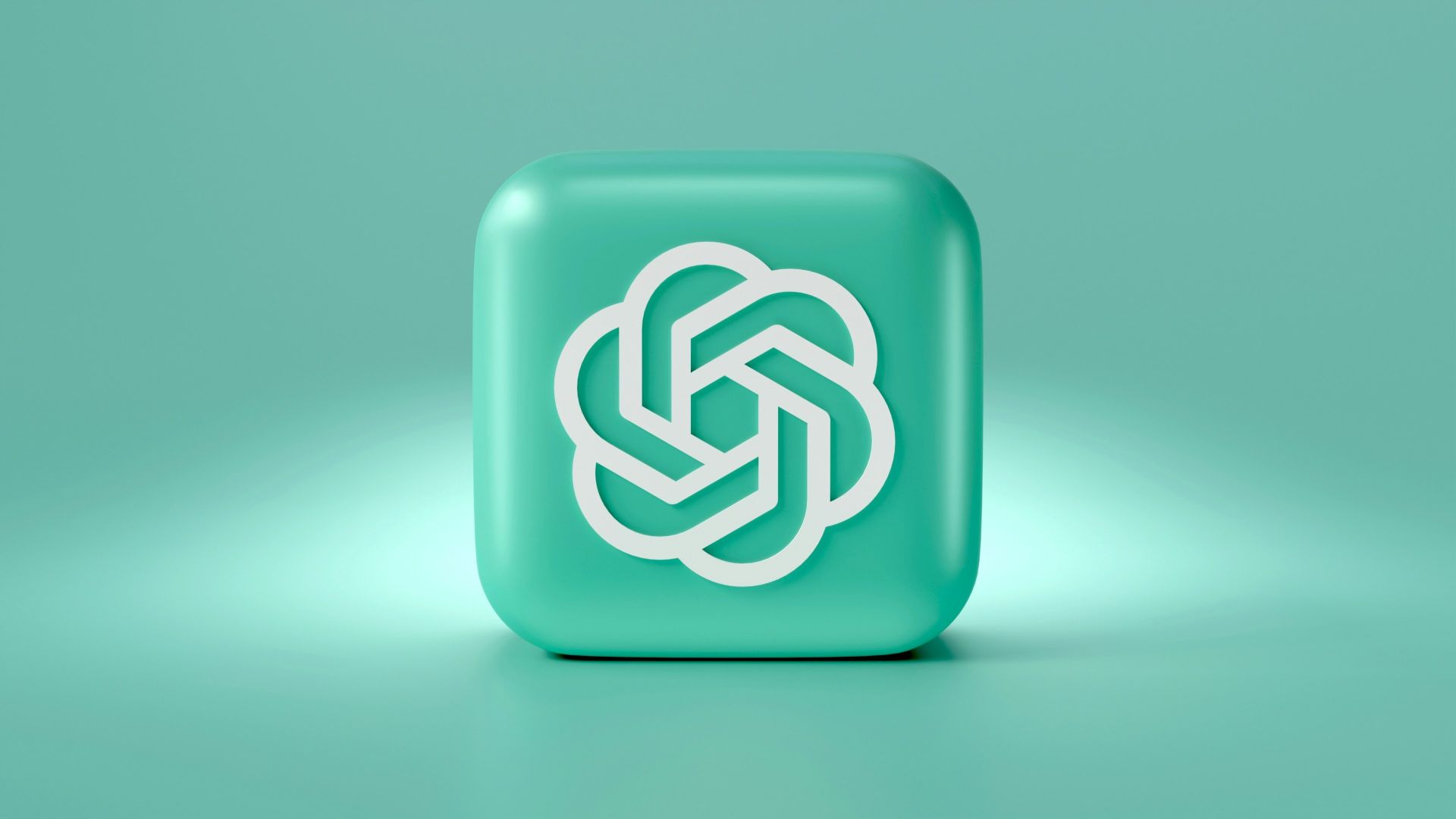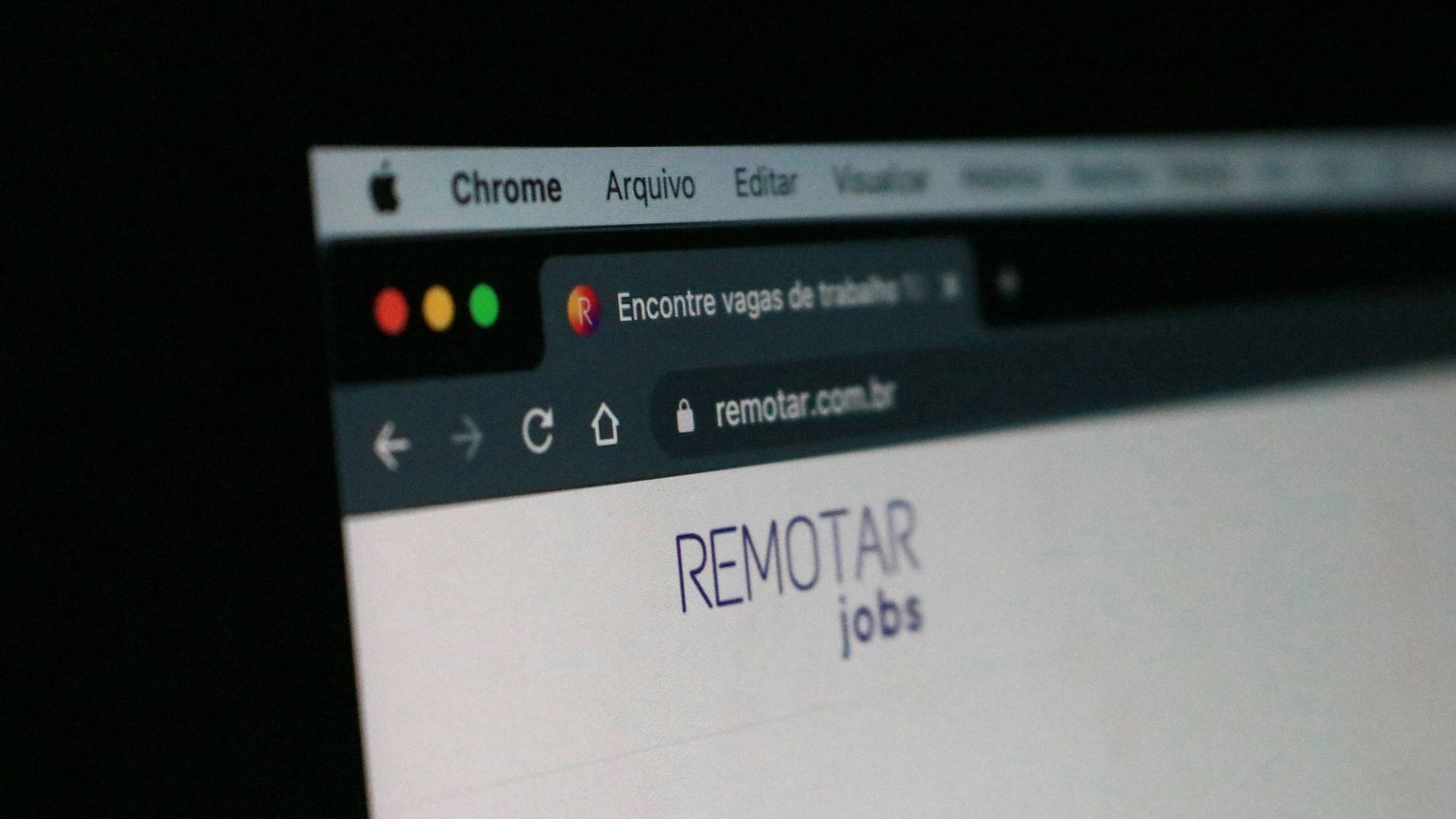 Mariia Shalabaieva on Unsplash
Mariia Shalabaieva on Unsplash
Last month, on October 21, OpenAI did something that some might have guessed would eventually happen: the company launched an AI-powered web browser. If you're already familiar with ChatGPT, the AI tool that's been taking the world by storm since its release in late 2022, you probably need no introduction to this new browser, ChatGPT Atlas. And with 700 million users already using ChatGPT every week for brainstorming, writing, and coding, is it only a matter of time before it replaces Chrome as the web browser?
What Is It?
So, what is ChatGPT Atlas? Essentially, it's a browser that has ChatGPT built in. Instead of having to open the tool in a separate tab in another browser, everything you need help with can be done right where you are, no matter which webpage you're on or what you're trying to do. This eliminates the need to move between tabs and copy and paste chunks of text, making the process that much smoother.
Just like ChatGPT itself, it can remember the conversations you've had with it, as well as the tasks it has tackled. This means it gets smarter with every use. Atlas is the same: the more you use the ChatGPT-built-in web browser, the more efficient it gets.
If you're curious to see how it all works, Mac users are in luck and can download Atlas from OpenAI. Windows users will still need to wait for a compatible version, as well as iOS and Android users.
What Does This Mean for Google Chrome?
More than 3 billion users worldwide use Google Chrome, and, perhaps unsurprisingly, Chrome holds the largest global market share across all platforms—more than 70% as of October 2025. It's not a browser that offers no AI tools at all, either; in fact, Google recently implemented three different Gemini features into Chrome in 2024. It's only a matter of time before these features expand and become even more helpful for users. Should a giant this big really be concerned over an emerging AI web browser?
Well, the answer is complicated. It's true that ChatGPT already sees a lot of traffic, and it doesn't seem like there will be an end to this upward trend. Plus, it isn't impossible for a browser to surpass the current giant; Google Chrome beat out Microsoft's Internet Explorer shortly after its release in 2008. What you're seeing now could really be the end of an era, or it could mean nothing at all.
What Does This Mean for the Future of Web Browsers?
Of course, Atlas isn't the only AI-powered web browser on the current market. In fact, there are plenty of others that users have already switched to from their default, including Chrome users, too. It's only a matter of time before AI-built-in browsers become the norm.
Who knows? Gemini could soon be baked into every feature, every function of Chrome. And among other browsers, they'll do the same, too. All this means is that it'll take a lot to beat out a formidable opponent, and it won't be so easy as some will think.








